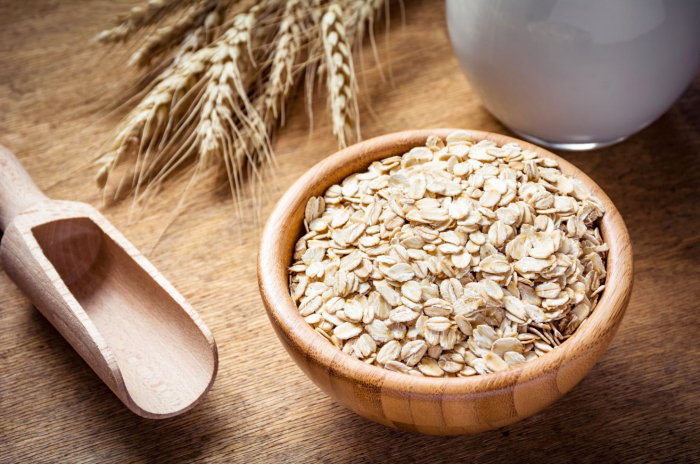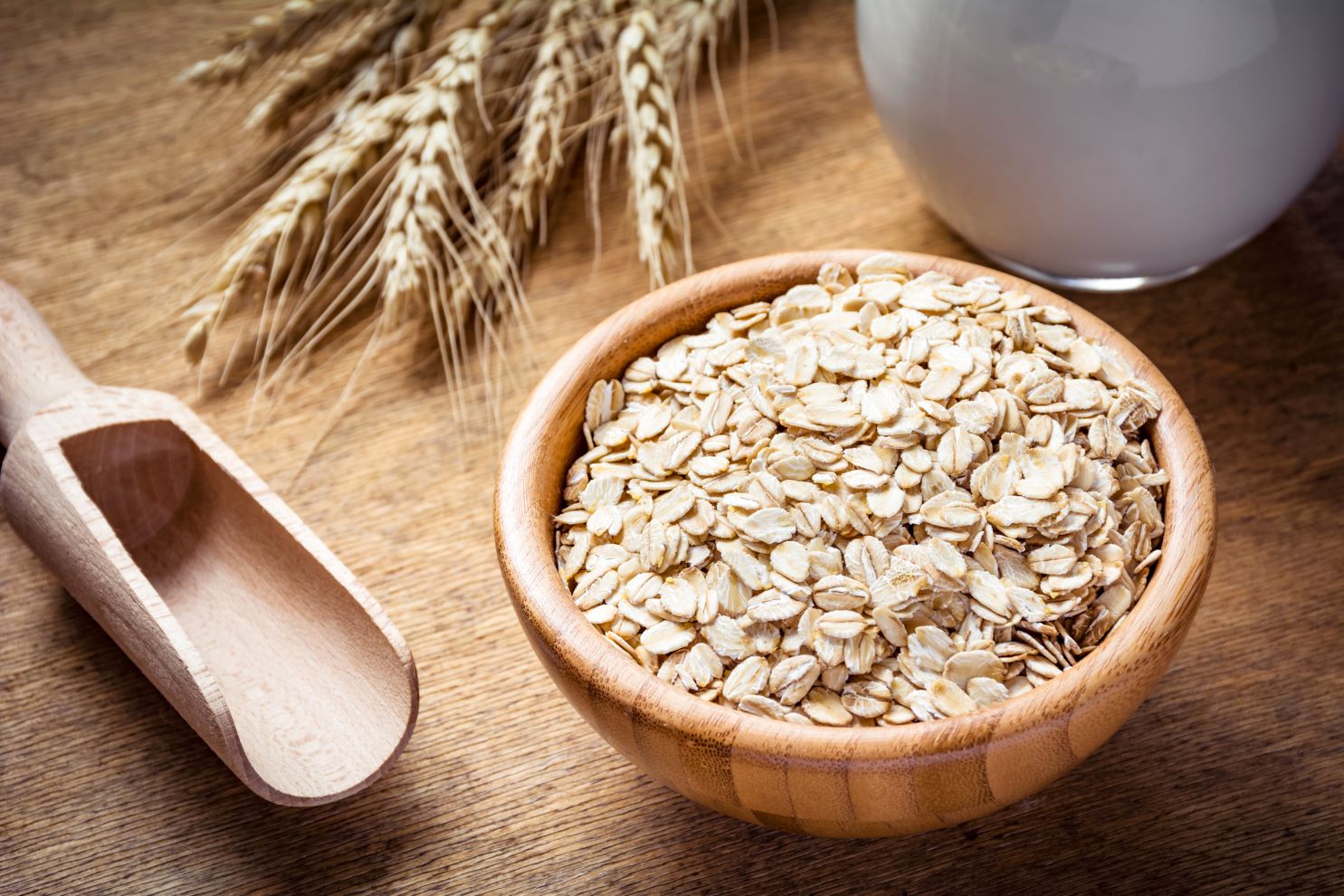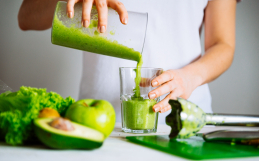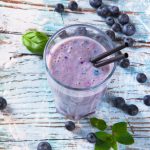Are oats bad for you? This very question has sparked numerous debates within wellness circles. Let’s dive into this grainy dilemma and uncover the truth behind oats.
Oats are often hailed as a nutritional powerhouse. They boast an impressive array of health benefits which make them a popular healthy breakfast choice, like fiber, vitamins, and minerals. Not to mention, oats are naturally gluten-free, making them a safe option for people with gluten sensitivities.
However, despite their gluten-free status, oats have become controversial because of glyphosate contamination. Glyphosate, the active ingredient in many herbicides (including the notorious Roundup), is widely used in conventional farming practices. It’s usually applied to control weed growth in crops like oats.

But why is glyphosate a cause for concern?
The answer lies in its potential health effects. Numerous studies link glyphosate exposure to a range of health issues, including cancer, reproductive problems, and disruptions to the endocrine system. The World Health Organization’s International Agency for Research on Cancer (IARC) has classified glyphosate as a human carcinogen, raising alarms about its safety.
Glyphosate contamination in oats typically occurs two ways: during the growing stage and during processing. In agriculture, glyphosate is often sprayed on crops like oats to dry them out before harvest. This practice can lead to glyphosate residues accumulating in the oats, even after processing.
Additionally, glyphosate can find its way into oats during processing, as equipment and facilities may be contaminated with the herbicide. This means even oats labeled as “natural” or “organic” may still have glyphosate residues, posing a challenge for those of us who prefer clean foods.
So what’s a conscientious consumer to do?
Enter the “glyphosate-free” label – the only label that indicates a product has been tested and certified to be free of glyphosate residues. When shopping for oats, be sure to look for this label. It’s the only sure-fire way to know a brand prioritizes the health and quality of their oats.
Speaking of brands, let’s shine a spotlight on a few that have embraced the glyphosate-free movement:
- Bob’s Red Mill, a well-known name in the health food industry, offers a range of oat products with the glyphosate-free label.
- Thrive Market, an online marketplace specializing in organic and non-GMO products, also boasts a selection of glyphosate-free oats.
- And our favorite, One Degree Organics, is committed to providing oats free from glyphosate contamination.
It’s also important to note that while oats themselves may be gluten-free, they can still pose a challenge for individuals with celiac disease or heightened gluten sensitivity. Some people may experience a similar immune response to oats as they do to gluten-containing grains like wheat, barley, and rye.
As always, at the Conscious Cleanse, we never believe in good or bad when it comes to food. So put oats in your body and see how they make you feel! Just make sure to opt for organic and glyphosate-free oats so you can enjoy them without compromising your well-being.
To mindful choices for our health and the planet!
The Conscious Cleanse Team
If you liked learning more about oats, we invite you to join our online community! When you sign up you’ll receive regular healthy lifestyle tips and new recipes. As a welcome gift, we’ll send you our FREE Taste of the Conscious Cleanse eCookbook to get you started with more delicious and healthy recipes.
Welcome! We’re so glad you’re here.






